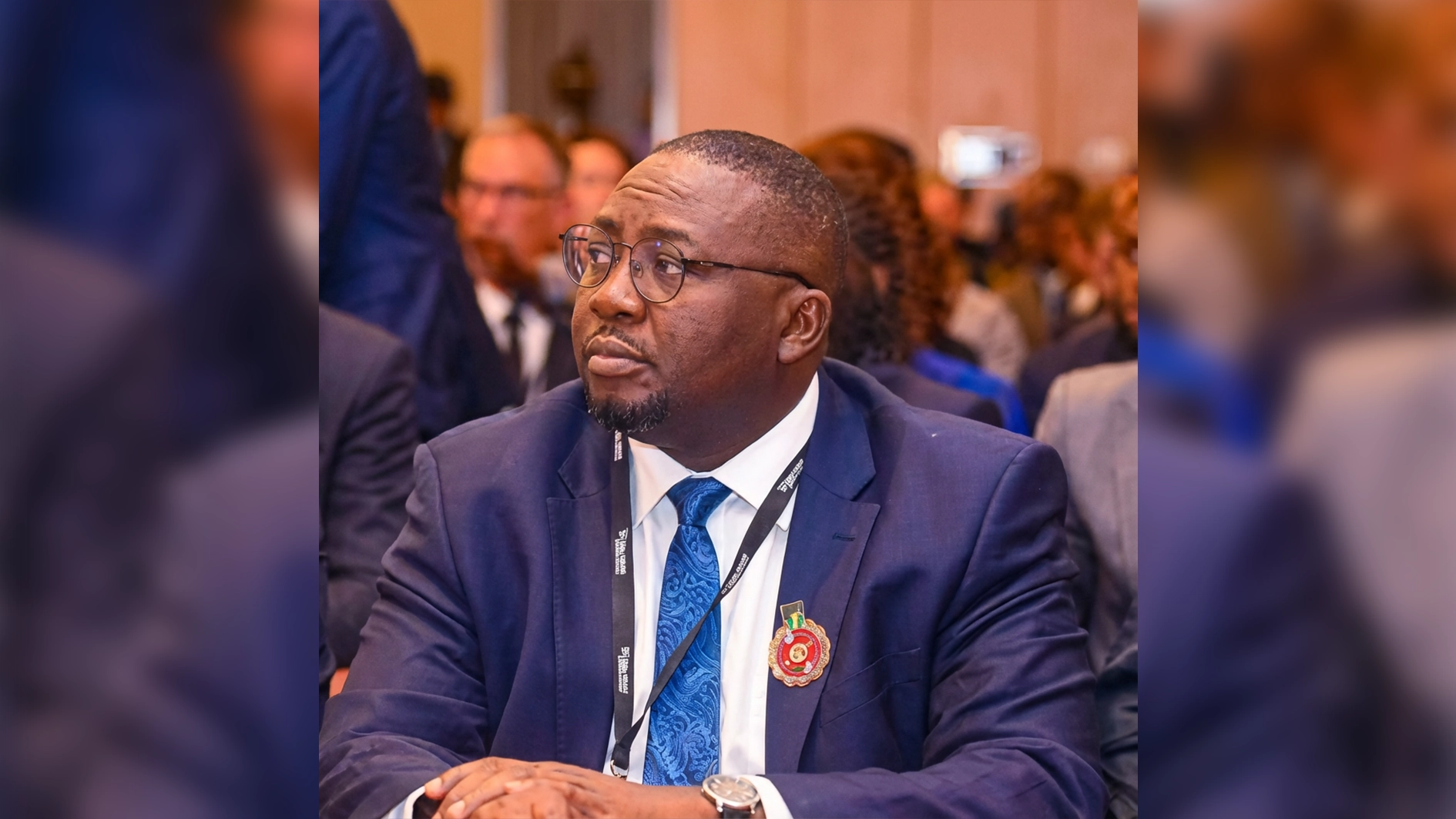The United States government has commended the Nigerian government and military for sustaining a decade-long partnership on humanitarian projects worth $2.5 million, initially funded by the U.S. Africa Command (AFRICOM).
In a statement shared via its official X (formerly Twitter) handle, the U.S. Mission in Nigeria highlighted the collaborative nature of the initiatives, stressing that although the funding came from the United States, the continued success of the projects has been driven by Nigeria’s commitment.
A U.S. AFRICOM team, led by Captain Temitope Oladimeji and Sergeant Naif Hernandez, recently concluded an on-ground assessment of the projects to evaluate their impact and long-term sustainability.
“For over a decade, the U.S. military has funded $2.5 million in projects benefiting Nigerian citizens,” the statement read. “These include a mobile hospital to the Federal Medical Centre in Jaji, a borehole providing water to the community of Tafa, and the subject matter expertise to develop the National Disaster Response Plan.”
The U.S. Mission described the partnership as a “shared burden” between both countries, pointing to the ongoing collaboration as a model of how international support and domestic stewardship can align to improve local communities.
“While the U.S. initially funded these efforts, the dedication of the Nigerian government, military leaders, and local population have kept the projects functioning so they may continue benefiting Nigerian citizens,” the Mission stated.
The humanitarian funding and associated projects form part of AFRICOM’s broader engagement in Nigeria, which primarily centres on capacity-building, security cooperation, and counter-terrorism.
While AFRICOM does not engage in direct military operations in the country, it plays a key advisory and support role, providing Nigeria’s military with training, intelligence, and equipment to enhance its ability to respond to domestic and regional security threats.
AFRICOM’s operations in Nigeria are particularly focused on bolstering stability in West Africa, with a strategic emphasis on countering terrorism and violent extremism in the Lake Chad Basin and other volatile regions.
The U.S. Mission noted that these efforts reflect a long-term strategy to promote regional security and improve civilian resilience through practical, community-based initiatives.






